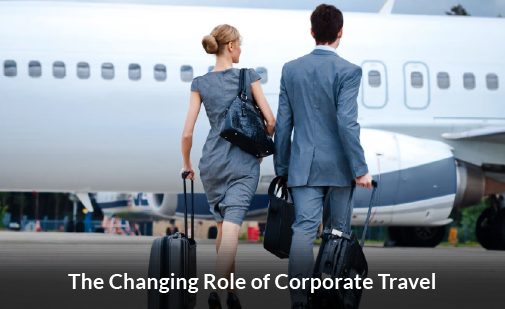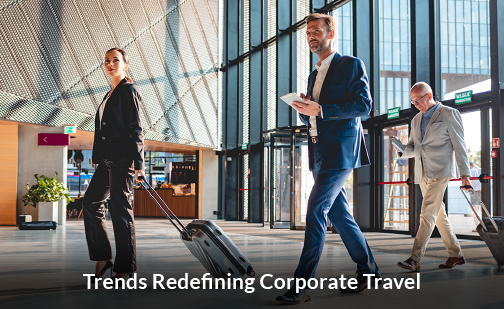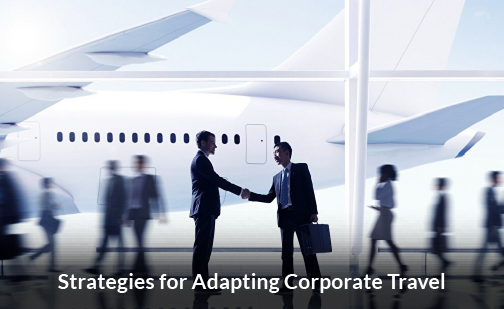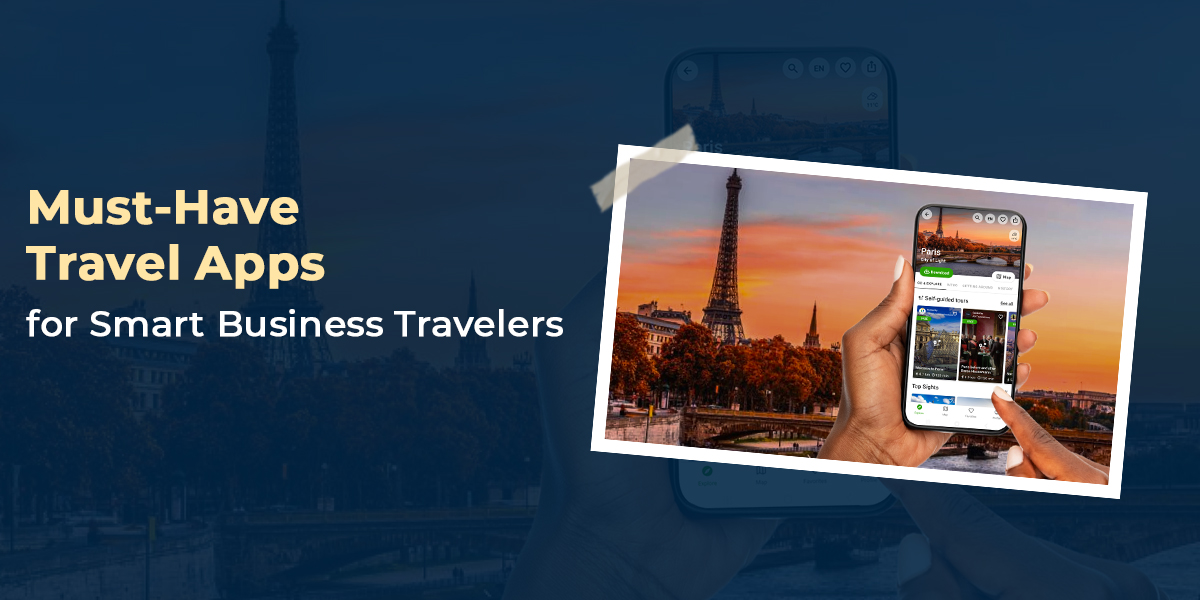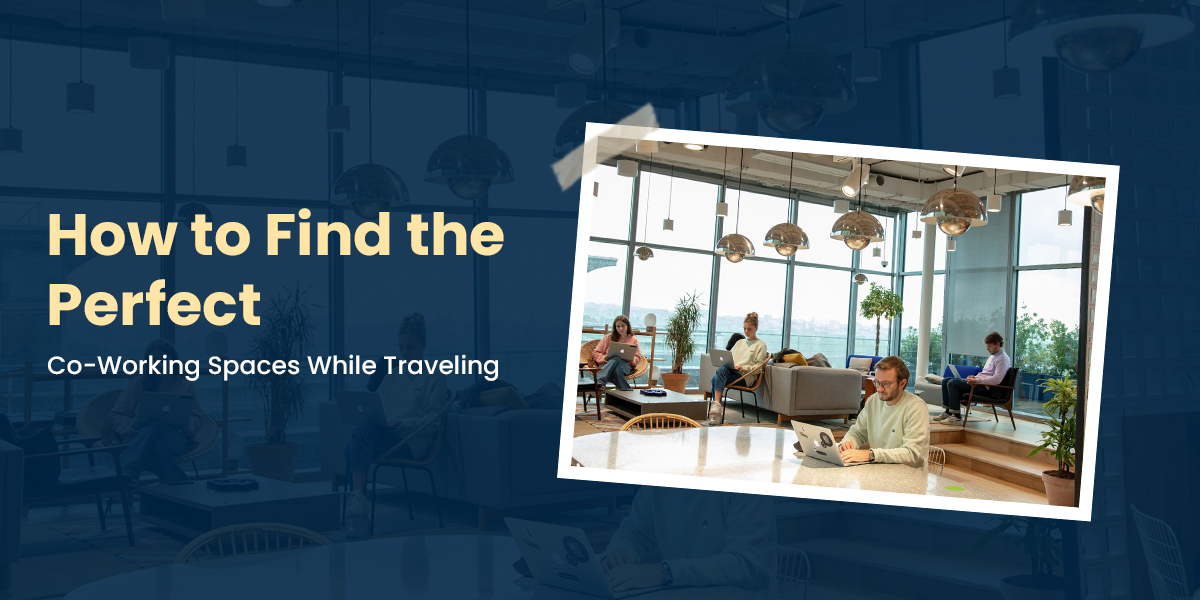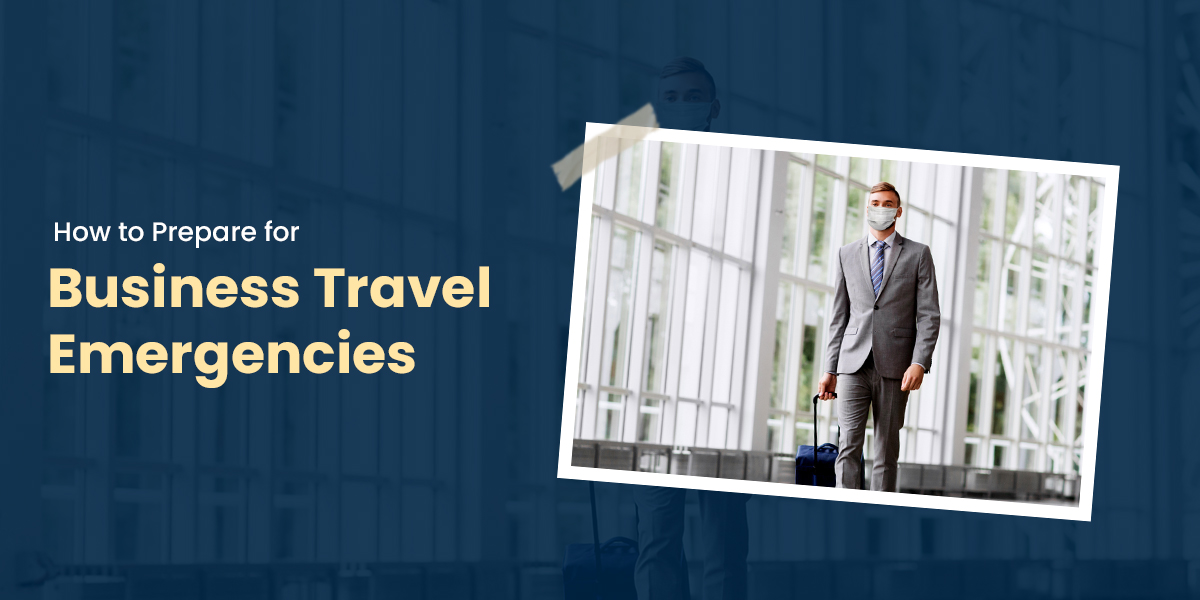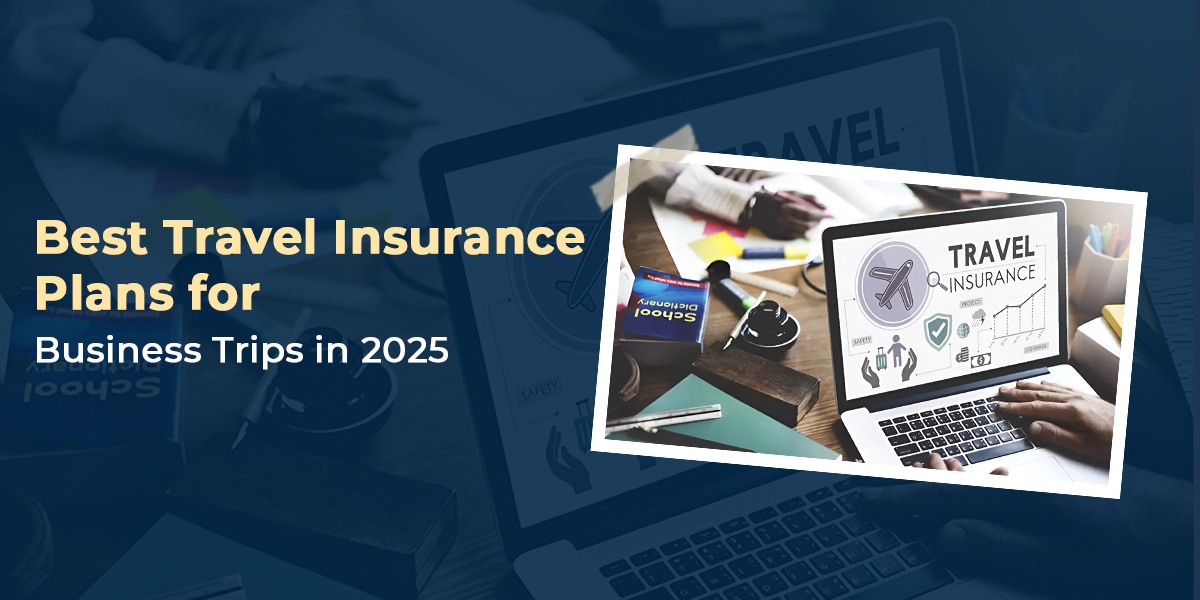The world of corporate travel has experienced a notable change with the start of the hybrid work era. What was once a normal practice for face-to-face meetings and large-scale events has now become more intentional and strategic labor. When focusing on maximizing value, prioritizing employee well-being, and adopting technology and sustainability, it provides a good impact on company growth.
Explores the evolution of corporate travel in the not-fully-remote work era.
The Changing Role of Corporate Travel
From the old times, traveling for business from one place to another was one of the main factors. Employees traveled for client meetings, conferences, team building, and project execution. However, the hybrid work model has shifted priorities.
Focus on Planned Value- With fewer in-person meetings, businesses prioritize travel that delivers real value, such as encouraging required relationships or conducting high-stakes deals.
Reducing Unneeded Trips- Online tools have replaced many face-to-face meetings, making businesses question the need for every trip.
Combined Travel Purposes- The lines between business and leisure travel (also known as “bleisure” travel) are increasingly confusing, with employees expanding business trips to explore new destinations or recharge.
Trends Redefining Corporate Travel
Corporate travel is being reinterpreted with new technologies, employee-centric approaches, and sustainability at the forefront, aligning with the flexibility and priorities of the hybrid work era.
1. Technology as an Enabler
Technology has become the backbone of corporate travel in the hybrid era. Companies are imposing tools for seamless booking, tracking, and reporting.
AI and Automation- Travel management platforms now use AI to recommend cost-effective itineraries, automate approvals, and manage expenses.
Real-Time Updates- Travel apps offer instant notifications for flight changes, delays, or local restrictions.
Virtual Collaboration Tools- For trips deemed unnecessary, strong practical tools ensure business continuity without the need for travel.
2. Focus on Employee Well-Being
Hybrid work understands the importance of employee health, safety, and satisfaction. Corporate travel policies are increasingly centered around these aspects.
Adaptable Schedules- Employees are encouraged to design travel plans that balance work and rest.
Wellness Programs- Companies provide resources to manage travel stress, such as access to airport lounges, upgraded accommodations, or wellness perks.
Mental Health Support- Recognizing the potential burnout from frequent travel, organizations emphasize mental health resources and counseling.
3. Workable in Corporate Travel
Sustainability has become a preference in the hybrid work era, with associations aiming to reduce their carbon footprints.
Eco-Friendly Travel Choices- Companies encourage the use of trains over flights or carpooling for short distances.
Green Hotels and Airlines- Travel policies increasingly favor partners that execute bearable practices.
Carbon Offsetting- Many businesses now invest in carbon offset programs to balance emissions from necessary travel.
4. Customized Travel Guidelines
One-size-fits-all travel policies no longer work in the not-fully-remote world. Firms now offer these advantages.
Personalized Travel Options- Workers have greater flexibility to choose travel methods and accommodations that suit their preferences.
Budget Allowance Models- Travel budgets are tailored to roles, greater levels, and detailed project needs.
Challenges in the Hybrid Work Era
While corporate travel has adapted, it’s not without challenges.
1. Involved Logistics
Coordinating travel for employees working across various locations can be complex. Companies need to develop tools to manage itineraries, refunds, and policy compliance.
2. Maintaining Collaboration
Practical meetings can never fully replace the trust and connection built through in-person interactions. Finding the right balance between online and physical meetings is important.
3. Rising Costs
Boosing and fluctuating travel demand have driven up prices for flights, housing, and other expenses, forcing companies to reassess their budgets.
4. Health and Safety Concerns
After the pandemic, health concerns continue to affect travel decisions. Businesses must prioritize risk assessments, health insurance, and 24/7 emergency support for employees.
5. Regulatory Changes
Hybrid work often involves cross-border team collaboration, which introduces complexities related to visas, tax compliance, and work permits.
Strategies for Adapting Corporate Travel
Adapting corporate travel requires executing flexible policies, imposing advanced technology, and prioritizing employee well-being to align with the active demands of the hybrid work setting.
1. Leverage Technology for Streamlined Travel Management
Adopt advanced travel management platforms that integrate booking, tracking, and expense reporting into a single interface. Ensure these tools are user-friendly and accessible from anywhere.
2. Redefine Travel Policies for Hybrid Work
Update travel policies to align with hybrid work needs, focusing on flexibility, sustainability, and cost efficiency. Engage employees in shaping policies for inclusivity and relevance.
3. Prioritize Purposeful Travel
Enable employees to travel only when the purpose aligns with business goals. Appoint criteria to differentiate between important and nonessential travel.
4. Foster Sustainable Practices
Travelers can incorporate continuous into their plans by partnering with green-certified agents, choosing eco-friendly transport options, and supporting carbon balance programs.
5. Enhance Communication and Training
Educate employees about new travel policies, safety measures, and cultural appropriateness. Provide clear communication channels for support and feedback.
The Future of Corporate Travel
As hybrid work continues to grow, corporate travel is balanced to become more strategic, willful, and employee-centric. Here’s what the future may hold:
AI-Powered Personalization- Travel itineraries will be customized to individual likings and productivity patterns, providing seamless journeys.
Integration with Remote Work Tools- Travel platforms will combine with tools to create suitable workflows.
Emphasis on Experience- Beyond efficiency, companies will focus on providing enriching travel experiences that inspire and motivate employees.
Global Talent Mobility- The hybrid model’s flexibility will enable companies to tap into an international talent pool, necessitating more active travel solutions.
Corporate Travel Reimagined
Corporate travel in the hybrid work era is no longer just about logistics! It’s a carefully curated experience designed to foster meaningful interactions, drive business objectives, and support employee satisfaction. When businesses embrace technology, prioritize sustainability, and ensure flexibility in policies, companies can transform travel from a cost center into a strategic asset.
The future of corporate travel lies in balancing practicality with purpose, helping businesses to thrive in a world where adaptability is key. This change not only aligns with the involved demands of hybrid work but also sets the stage for a more connected and tolerable future.

